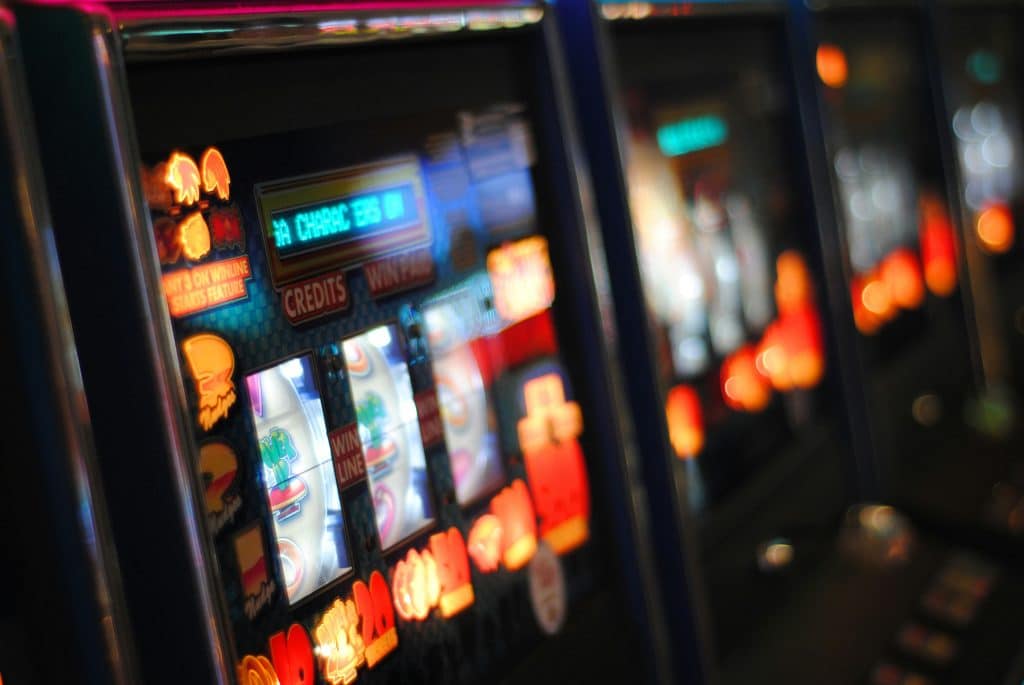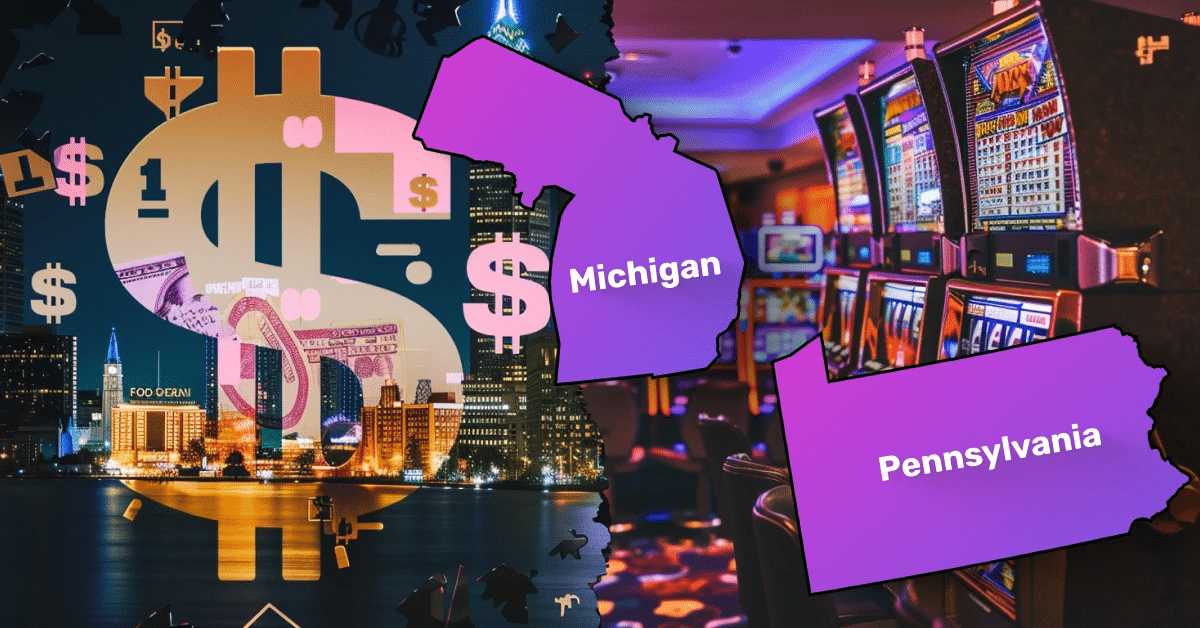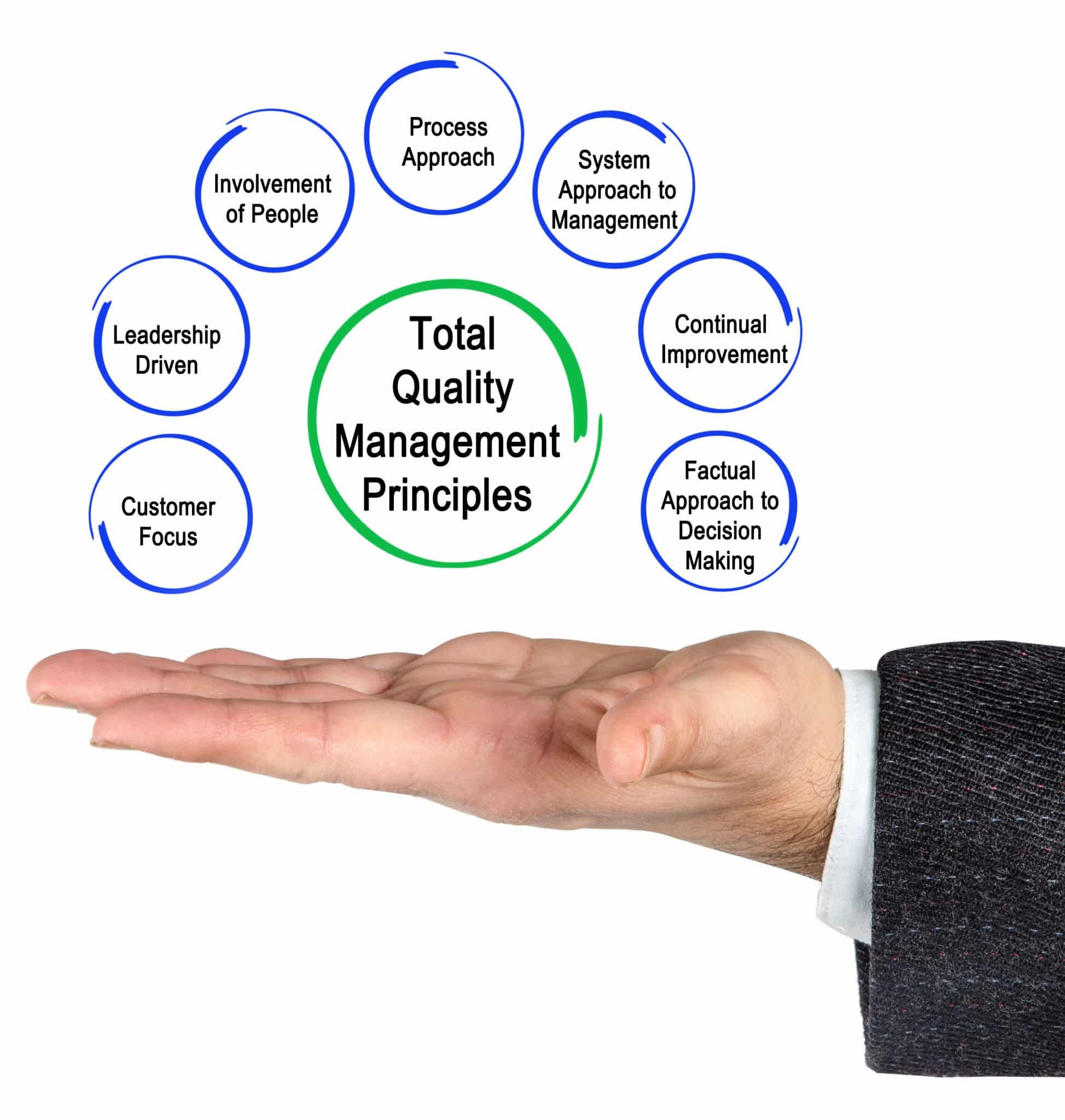Online gambling in the United States is evolving rapidly, and two states that have emerged as clear leaders in the regulated iGaming space are Pennsylvania (PA) and Michigan (MI).
Both offer legal online casinos, poker, and sports betting, but their approaches, timelines, revenues, and regulatory structures differ in key ways.
This comprehensive comparison will dive into the legal foundations, launch timelines, types of games allowed, key operators, regulatory agencies, tax rates, and player protections in both states.
Legal Foundations and Timelines
Pennsylvania: The Keystone State’s Head Start
Pennsylvania legalized online gambling in October 2017 with the passage of Act 42, an extensive gambling expansion bill signed into law by Governor Tom Wolf.
This made Pennsylvania only the fourth U.S. state to legalize iGaming, following Nevada, New Jersey, and Delaware. Since then, platforms like Jackpot Sounds have emerged, offering casino replays that allow users to relive big win moments without participating in real-money gambling.
The law permitted:
- Online casinos
- Online poker
- Online sports betting
- Daily fantasy sports (DFS)
- Satellite casinos (mini-casinos)
- Video gaming terminals (VGTs) at truck stops
Online sportsbooks launched first in May 2019, followed by online casinos in July 2019.
Michigan: From Delay to Rapid Expansion
Michigan legalized online gambling a little later, with Governor Gretchen Whitmer signing the Lawful Internet Gaming Act (Public Act 152 of 2019) into law in December 2019. It was part of a broader legislative package that also included sports betting and fantasy contests.
The Michigan Gaming Control Board (MGCB) oversaw the rollout, which officially began on January 22, 2021, when online casino and sportsbook platforms went live simultaneously—a coordinated launch unmatched by any other state to date.
Regulatory Bodies
- Pennsylvania Gaming Control Board (PGCB) is the regulatory body overseeing all gambling activity in PA. It provides licensure, audits, consumer protections, and enforcement.
- Michigan Gaming Control Board (MGCB) regulates both commercial and tribal operators, making it one of the few U.S. agencies with dual oversight power.
Both bodies maintain active websites offering full transparency on licensees, revenue reports, and consumer resources.
Online Casino Games and Software Providers

Pennsylvania
As of 2025, Pennsylvania offers online versions of:
- Slots
- Table games (blackjack, roulette, baccarat)
- Live dealer games
- Video poker
Major platform providers in the state include:
- DraftKings Casino
- FanDuel Casino
- BetMGM Casino
- Caesars Casino
- BetRivers
- Hollywood Casino (Barstool until 2024)
Some of the prominent software vendors include Evolution (live dealer), IGT, NetEnt, and Light & Wonder (formerly Scientific Games).
Michigan
Michigan offers a similarly rich selection of iGaming options, including:
- Online slots
- Table games
- Progressive jackpots
- Live dealer content
Popular online casinos include:
- BetMGM Casino (partnered with MGM Grand Detroit)
- FanDuel Casino (partnered with MotorCity Casino)
- DraftKings Casino (partnered with Bay Mills Indian Community)
- Caesars Palace Casino
- Golden Nugget Online Casino
Michigan has an especially competitive market, with more than a dozen licensed operators, including tribal casinos, which play a significant role.
Online Poker: A Key Difference
Online poker is legal in both states, but the user experience differs because of interstate compacts.
- Pennsylvania has legal online poker (e.g., PokerStars PA), but it does not currently share liquidity with other states due to delays in joining the Multi-State Internet Gaming Agreement (MSIGA).
- Michigan joined MSIGA in May 2022, allowing poker operators to combine player pools with New Jersey, Nevada, and Delaware. This has significantly boosted traffic and tournament offerings on platforms like PokerStars MI/NJ.
Taxation and Revenue
Pennsylvania: High Tax, High Stakes
Pennsylvania imposes some of the highest tax rates on online gambling in the nation:
- Online slots: 54%
- Online table games and poker: 16%
- Sports betting: 36%
Despite the high rates, the state has enjoyed consistent revenue growth. In 2023, Pennsylvania online casinos generated over $2.1 billion in gross gaming revenue (GGR), contributing hundreds of millions to the state budget.
Michigan: Competitive Tax Environment
Michigan’s tax structure is far more operator-friendly:
- Online slots and table games: 20%–28% (tiered based on revenue)
- Sports betting: 8.4%
In 2023, Michigan iGaming revenues exceeded $2.3 billion, with $312 million going to state and local taxes.
Licensing and Market Access
Pennsylvania
Operators must partner with one of the 13 land-based casinos in the state and pay licensing fees:
- iGaming license: $4 million per vertical (casino, poker, slots)
- Sports betting license: $10 million.
Michigan
Michigan allows both commercial and tribal casinos to operate online platforms. There are:
- 3 commercial casinos in Detroit
- 12 tribal casinos with online gambling licenses
All must pay application and platform provider fees.
Operators like PointsBet, Four Winds, and FireKeepers represent tribal partnerships, adding diversity to the ecosystem.
Responsible Gambling and Player Protections
Both states mandate responsible gambling measures, including:
- Self-exclusion programs
- Deposit limits
- Time/session limits
- Reality checks
- Access to help lines and treatment programs
Pennsylvania
PGCB offers the iGaming Self-Exclusion Program and the Responsible Gambling Program, which are well-integrated into online platforms.
Michigan
MGCB offers the Disassociated Persons Program and a newer Responsible Gaming Database, with 24/7 support available.
Market Outlook for 2025 and Beyond

Both Pennsylvania and Michigan have now solidified their positions as leaders in the U.S. iGaming market. As of mid-2025:
- Michigan has a slight edge in total revenue and operator diversity.
- Pennsylvania remains a more tightly regulated and profitable market per operator due to its high tax yield.
Future developments to watch include:
- PA potentially joining MSIGA for online poker liquidity.
- MI expanding tribal partnerships and strengthening multi-state poker operations.
- Federal scrutiny of the Wire Act, which could impact interstate gaming compacts.
Final Thoughts: Which State Does Online Gambling Better?
Both Pennsylvania and Michigan offer legal, regulated, and lucrative online gambling options, but they differ in their approaches:
|
Category |
Pennsylvania |
Michigan |
|---|---|---|
|
Legalized iGaming |
October 2017 (Act 42) |
December 2019 (PA 152) |
|
Launch Date |
July 2019 (casinos), May 2019 (sports) |
January 2021 |
|
Regulator |
PGCB |
MGCB |
|
Online Poker |
Yes, intrastate only |
Yes, with interstate compact |
|
Tax Rate (slots) |
54% |
20%-28% |
|
2023 Revenue (iGaming) |
$2.1B+ |
$2.3B+ |
|
Market Participants |
~18 platforms |
15+ platforms |
|
Notable Operators |
FanDuel, BetRivers, Hollywood |
DraftKings, BetMGM, FanDuel |
In the end, Pennsylvania prioritizes tax revenue and tight control, while Michigan promotes a balanced approach with broader operator participation and lower taxes.








